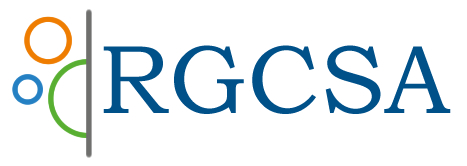Author: Kapur R L
Abstract: Three separate studies were carried out to examine the patterns of mental health care in an Indian village. The first examined the conceptual frameworks of the various traditional and modern healers. The second was an attitude study inquiring about the type of healer favoured for psychiatric consultation. The third was a population survey in which every person with one or more symptoms was asked if he or she had consulted anyone for relief of distress. Besides the modern doctors thre were three types of traditional healers: Vaids, practising an empircal system of indigenous medicine; Mantarwardis, curing through astrology and charms; and Patris, who acted as mediums for spirits and emons. It was found that a large majority (59%) of those with symptoms had consulted someone. The consultaiton was determined more by the severity of illness than by socio-demographic factors. Modern doctors were morepopular, but most people consulted both traditional and modern healers without regard to the latter’s contradictory coneptual framework. Literacy and other socio-demographic factdors had no influence on the type of consultation. A conclusion was reached that any scheme for introducing modern psychiatry into rural areas should make use of the locally popular healers, both traditional or modern.
Keywords: Mantarwadis, cure, astrology, traditiona and modernhealers, mental health, India, indigenous, modern
Notes:
Publication: The British Journal of Psychiatry
Issue: 127
Dated: Sept 1975
Pages: 286-293
Mental health care in rural India: a study of existing patterns and their implications for future policy
Posted in Free Research Abstract
